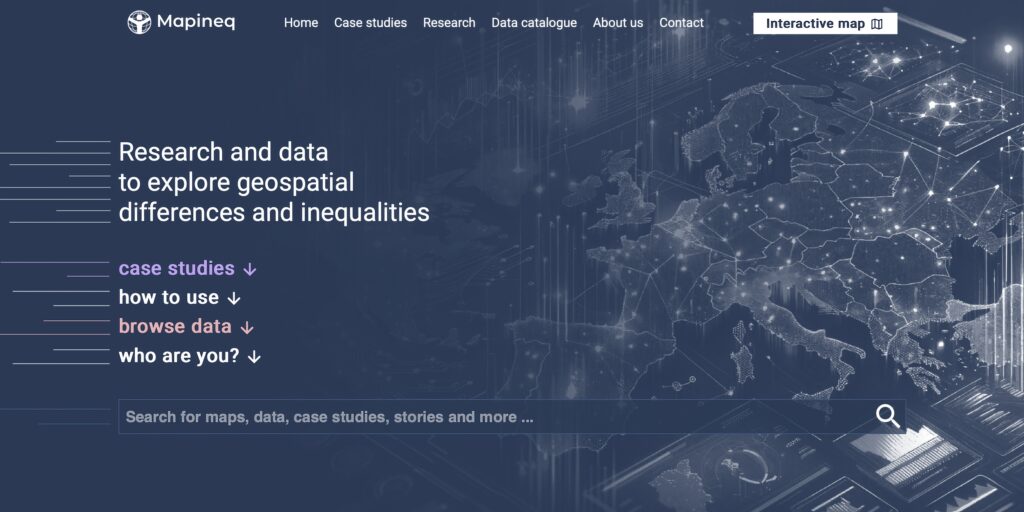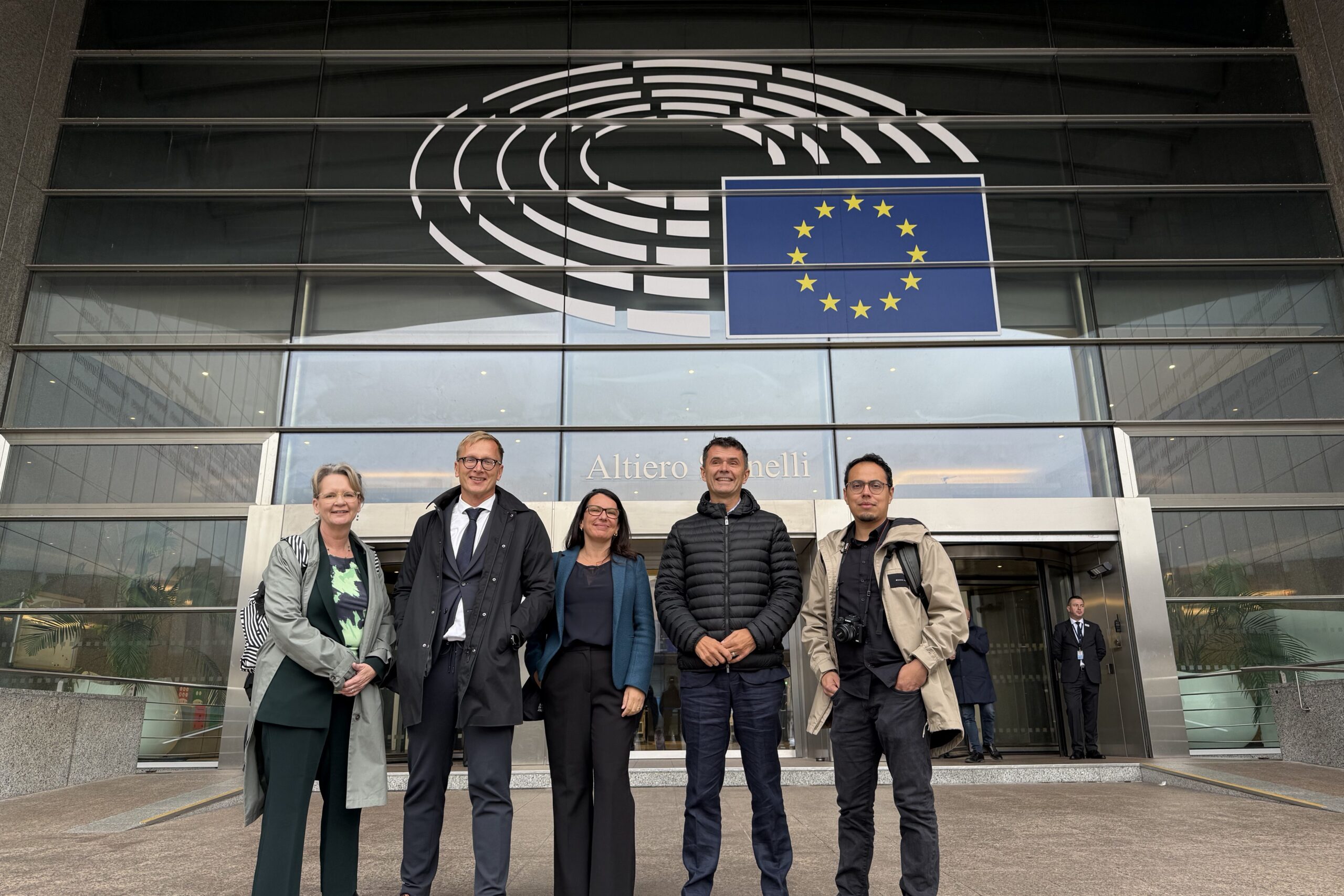Mapping inequalities through the life course
How do inequalities shape our lives—from childhood to retirement?
This White Paper presents compelling evidence on how family environments, education systems, health, employment, and housing interact to produce unequal life chances across Europe. Drawing on extensive research, it highlights the need for both long-term investments and targeted interventions at key life stages.
Whether you’re a policymaker, educator, or concerned citizen, this paper offers clear insights and actionable recommendations for building fairer, more inclusive societies.
By Jani Erola, Daniela Vono de Vilhena, Elina Kilpi-Jakonen & The Mapineq Team.
Mapineq Link:
Explore geospatial disparities with our interactive mapping tool

“This innovative and unique tool can be used to explore and analyse regional distribution of socioeconomic inequalities using diverse data sources and advanced analytical methods. This is a huge step forward from the nation-level comparisons that researchers and decision-makers have relied on until now“.
Professor Jani Erola, Mapineq project coordinator
“Mapineq Link is a fundamentally different interactive tool that harmonises geospatial data, from pollution to real-time information on housing prices, to tackle local disparities and promote equality throughout the life course. This groundbreaking tool is a crucial step towards a new equality of place”.
Professor Melinda Mills, Mapineq Link project lead
Latest news:

Mapineq identifies long-term investments and rapid-response interventions as key to reducing inequality
Sustained investments in people’s well-being—combined with swift, targeted support when difficulties arise—are essential to strengthening social equality across Europe. The White Paper translates findings into evidence-based recommendations for policymakers.

Upcoming event: “Education: Europe’s best bet –or not enough?”
Education is often seen as Europe’s strongest tool for ensuring opportunity and social mobility. Yet despite decades of expansion in access and attainment, large gaps in outcomes persist across generations, regions, and social groups. What can education truly achieve—and where does its power to equalise life chances reach its limits?

What makes a city attractive? Insights from the Mapineq attractive cities survey
As Europe transitions into so-called “longevity societies”, many regions are now experiencing steady population decline. This raises an urgent question for cities: how can they avoid losing population and remain attractive places to live?
Don’t miss our news – Subscribe now to our newsletter!

